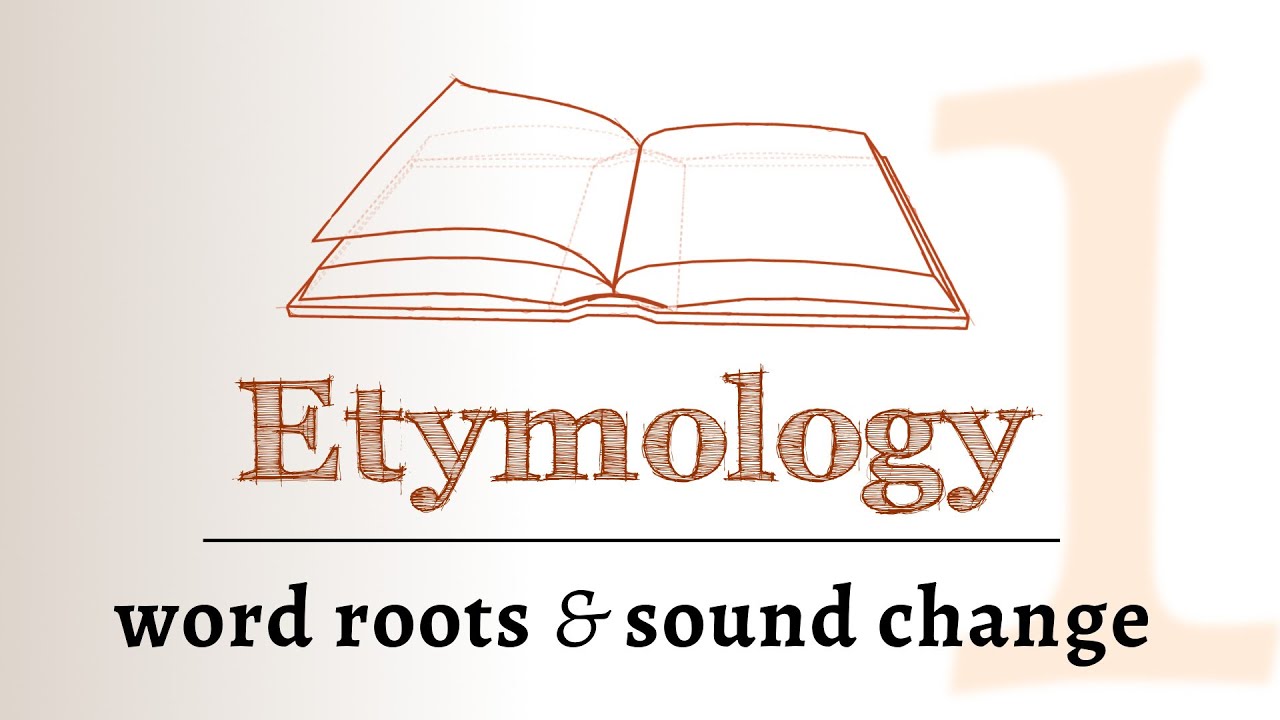Unveiling Linguistic Mysteries The Enigmatic World of Etymology
Language is a vibrant tapestry that weaves together words and meanings from different cultures and periods. Every word we speak today carries with it a rich history, rooted in its etymology. Etymology, derived from the Greek words “etymon” (meaning true sense) and “logos” (meaning word), refers to the study of the origin and development of words. In this article, we embark on a captivating journey through time to uncover the hidden stories behind various words, shedding light on their evolution and significance.
The Origins of “Etymology”:
Etymology, the very subject of our exploration, is an intriguing term in itself. The word “etymology” finds its roots in the Greek language, where “etymon” refers to the true or original meaning of a word, and “logos” signifies the study or knowledge. Coined in the late 14th century, the term embodies the essence of tracing words back to their earliest sources.
Ancient Beginnings:
To comprehend the etymology of a word, we often delve into the annals of ancient civilizations. Take, for example, the word “pyramid.” Its etymology takes us back to ancient Egypt, where the term “pyramis” originally meant “wheat cake” due to its shape resembling a wheat loaf. Through centuries, the meaning transformed to represent the iconic architectural structures we associate with ancient Egypt today.
The Influence of Latin:
Latin, as the precursor to the Romance languages, has had a profound impact on the etymology of numerous words. Words like “benevolent” (benevolentem), “amplify” (amplificare), and “dictate” (dictare) all owe their origins to Latin. Exploring the etymology of words with Latin roots not only enriches our vocabulary but also enables us to grasp the interconnectedness of languages.
Borrowings and Loanwords:
Languages are not stagnant; they adapt and evolve over time. As cultures interact and civilizations emerge, languages borrow and assimilate words from one another. This phenomenon, known as loanwords, plays a vital role in etymology. For instance, the English language incorporates numerous loanwords from French, such as “culinary” (culinaire) and “entrepreneur” (entrepreneur).
Onomatopoeia: Sound and Meaning:
Certain words, called onomatopoeic words, imitate or suggest the sounds they represent. The etymology of onomatopoeic words unveils an interesting connection between sound and meaning. For instance, the word “buzz” imitates the sound of a bee, while “hiss” echoes the sharp sound of a snake. Understanding the etymology of onomatopoeic words enhances our grasp of how language captures the essence of our sensory experiences.
Slang and Neologisms:
Slang words and neologisms, or newly coined terms, play a significant role in the evolution of language. These words often emerge from subcultures or popular culture, reflecting the shifting trends and attitudes of a society. Tracking the etymology of slang words and neologisms provides valuable insights into social dynamics and the ever-changing nature of language.
Conclusion:
The study of etymology takes us on a captivating linguistic voyage, unraveling the stories and connections that lie within the words we use every day. By tracing the origins of words, we gain a deeper appreciation for the cultural, historical, and social influences that shape language. Understanding etymology enhances our language skills, broadens our horizons, and reminds us that every word we speak carries a unique story from the depths of time.
